In this episode of Autistic Culture 101, Dr. Angela Kingdon kicks off a brand-new chapter by reintroducing the 10 Pillars of Autistic Culture—the foundation for how we understand and celebrate the richness of autistic identity. This remastered episode revisits the original conversation that first defined the 10 pillars back in January 2024, now with updated insights and refined language to match how this framework has evolved.Whether you’re just discovering the show or have been with us since the beginning, this is your starting point for the cultural model that grounds everything we do.🎧 What You’ll LearnWhy autistic traits aren’t symptoms—they’re cultural signpostsHow the 10 Pillars of Autistic Culture offer a strengths-based model for identityWhat’s changed since the original episode first airedWhy we’re remastering one pillar each week for the next 10 episodesHow to use the pillars to better understand yourself, your community, and autistic historyHow each pillar maps to the domains of arts, lifestyle, and justice💡 The 10 Pillars of Autistic Culture (Updated for 2024)Bottom-Up Processing (formerly “Logic & Strategy”) - Detail-first cognition. Pattern before conclusion. Think: Sherlock Holmes, chess masters, system builders.Rhythmic Communicating (formerly “Linguistics & Accents”) - Scripting, echolalia, tangents, infodumping. Communication as rhythm, poetry, and flow.Norm Challenging (formerly “Deep Thinking & Insight”) - Authenticity over politeness. Insight over illusion. Questioning over compliance.World Building - Narrative universes built from imagination and logic. Think: Pokémon, Dungeons & Dragons, Star Wars.Pattern Matching (formerly “Data Gathering & Analysis”) - SPINs, trivia, research, and structured inquiry. We find meaning in what others miss.Game Changing (formerly “Innovative Ideas”) - System redesigners. Trendsetters. Rethinkers. From Eadweard Muybridge to Questlove.Boldly Creating (formerly “Artistic Expression”) - Art as regulation. Performance as communication. Stim as aesthetic.Predictably Comforting (formerly “Consistency & Reliability”) - Rituals, repetition, routines. These aren’t constraints—they’re comfort, safety, and power.Justice Seeking (formerly “Justice & Honesty”) - Fairness as instinct. Truth as obligation. Emotional intensity as ethical compass.Passionate Superfanning (formerly “Fictional Friends”) - Lore, fandoms, and parasocial joy. Star Trek. Doctor Who. My Little Pony. Fandom is family.🧭 The Framework Going ForwardThese 10 Pillars will guide the next phase of The Autistic Culture Podcast—each episode will highlight one of them, offering deep dives into their cultural meaning, emotional resonance, and pop culture representation.The pillars span across three domains:🎭 Arts & Entertainment🪴 Lifestyle & Leisure🏛️ Society, Values & KnowledgeAnd at the centre of them all: Autistic joy, identity, and truth.So whether you’re autistic, exploring the possibility, or someone who loves and respects autistic people—you are welcome here. You are part of Autistica.Related Episodes:Autistic Culture for Teens and TweensMy Chemical Romance is AutisticTaylor Swift is Autistic🌟 Connect With Us📱 Follow us on Instagram🎧 Find us on Apple Podcasts and Spotify🛍️Our Autism-affirming merch shop🌐 Learn more at www.autisticculturepodcast.com🎙️ Executive Producers: Amy Burns, Anamaria B Call, Andrew Banner, Anna Goodson, Ashley Apelzin, Audrea Volker, Ben Coulson, Brian Churcek, Cappy Hamper, Carley Biblin, Charlene Deva, Chloe Cross, Clay Duhigg, Clayton Oliver, Danny Dunn, Daria Brown, David Garrido, Emily Burgess, Eric Crane, Erik Stenerud, Fiona Baker, Grace Norman, Helen Shaddock, Jaimie Collins, Jason Killian, Jen Unruh, Jennifer Carpenter, Julia Tretter, Kathie Watson-Gray, Kenneth Knowles, Kira Cotter, Kristine Lang, Kyle Raney, Llew P Williams, Laura Alvarado, Laura De Vito, Laura Provonsha, Lily George, Nelly Darmi, Nigel Rogers, Rachel Miller, Tim Scott, Tyler Kunz, Victoria Steed, Yanina Wood.🎧 Producers: AJ Knight, Bobby Simon, Da Kovac, Eleanor Collins, Emily Griffiths, Hannah Hughes, Jennifer Kemp, Jonas Fløde, Kate F, Katie N Benitez, Kendra Murphy, Lisa Dennys, Logan Wall, Louise Lomas, Melissa Nance, Nicola Owen, Rebecka Johansson, Sam Morris, Sarah Hannah Morris. Hosted on Acast. See acast.com/privacy for more information.



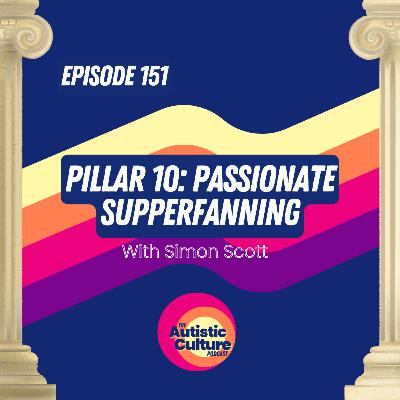
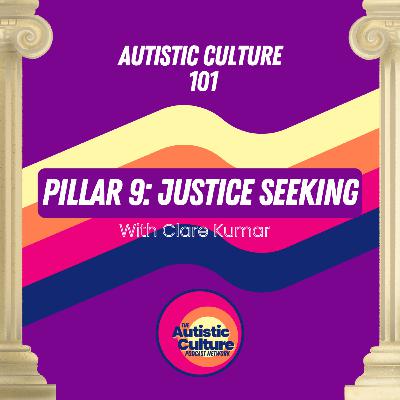
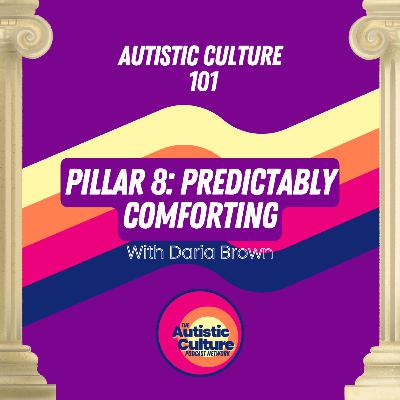

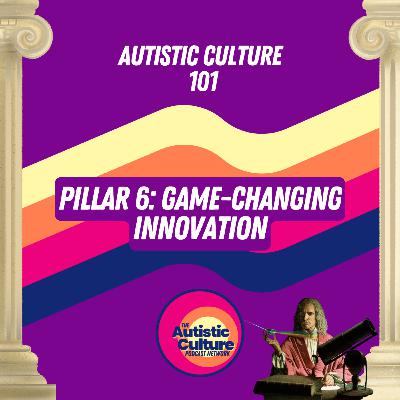
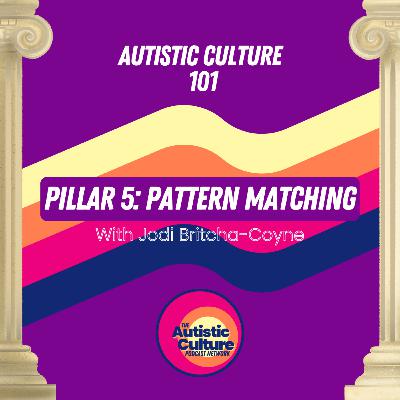
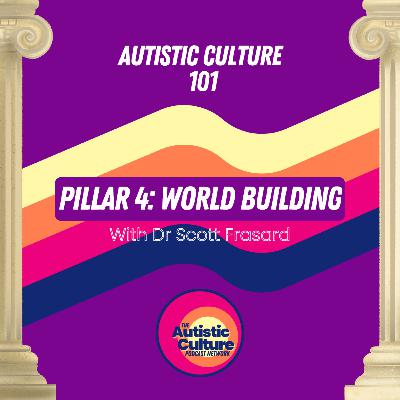
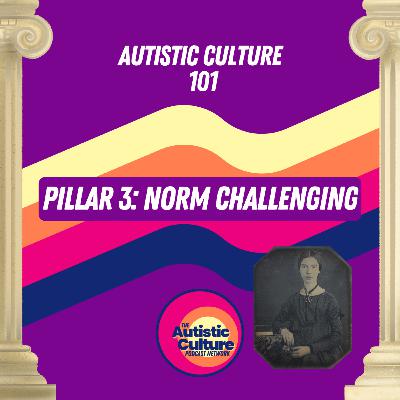
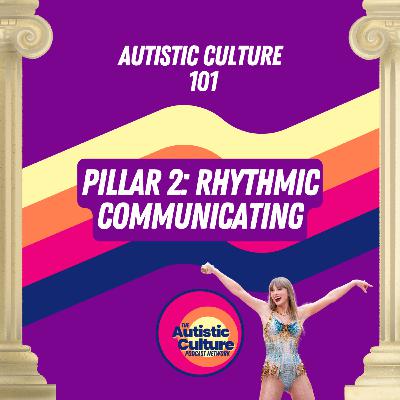
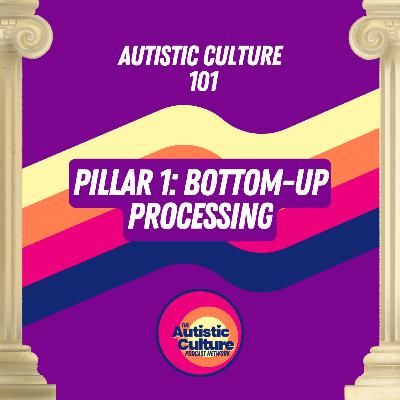
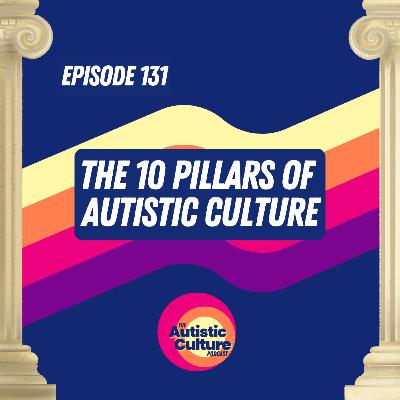
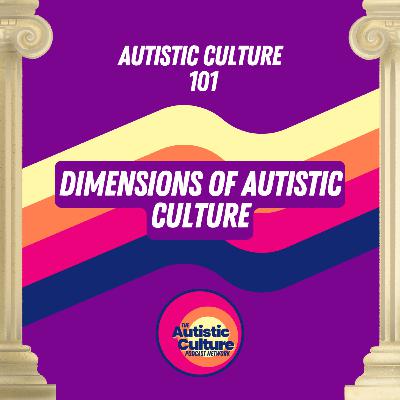
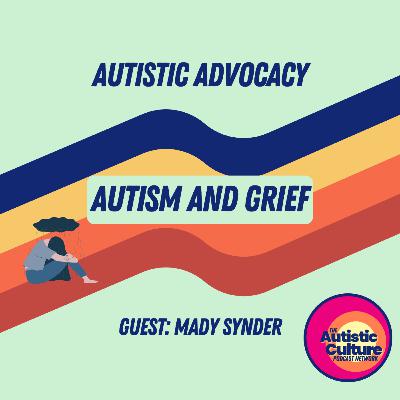
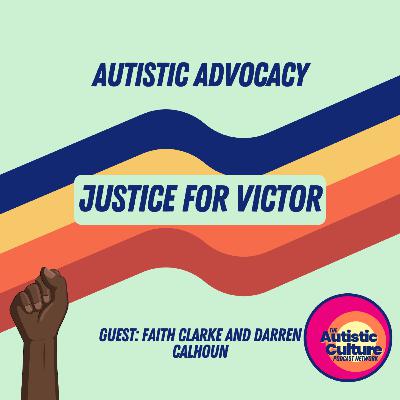
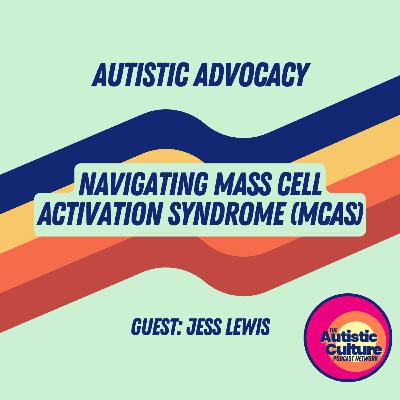
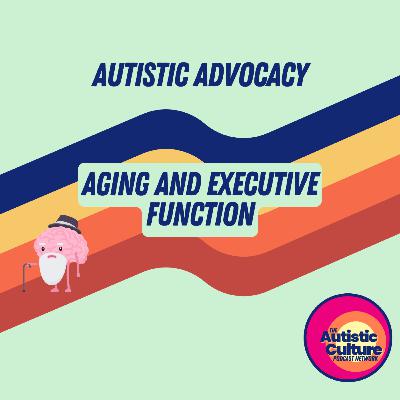

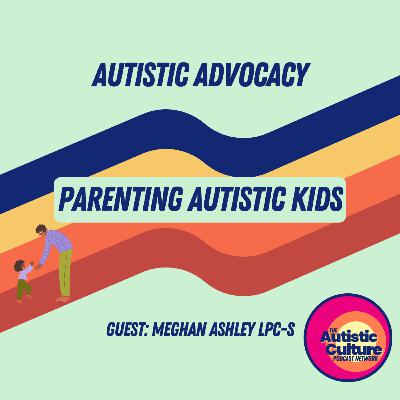
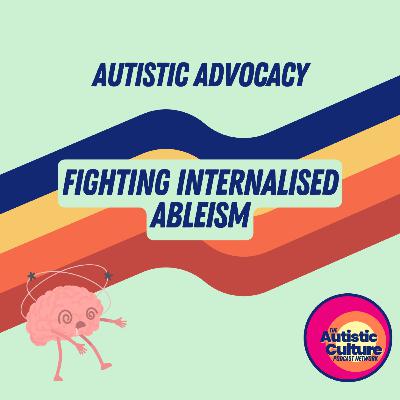
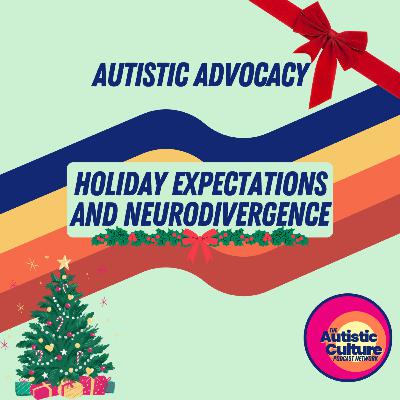



I had to stop listening after the guest host said there was no banked track roller derby anymore. Granted, there are only eight left, but that's not none. And banked track is way more exciting and fun to watch.
the youngest kid with the bunny ears is called Louise, not Tina 😊